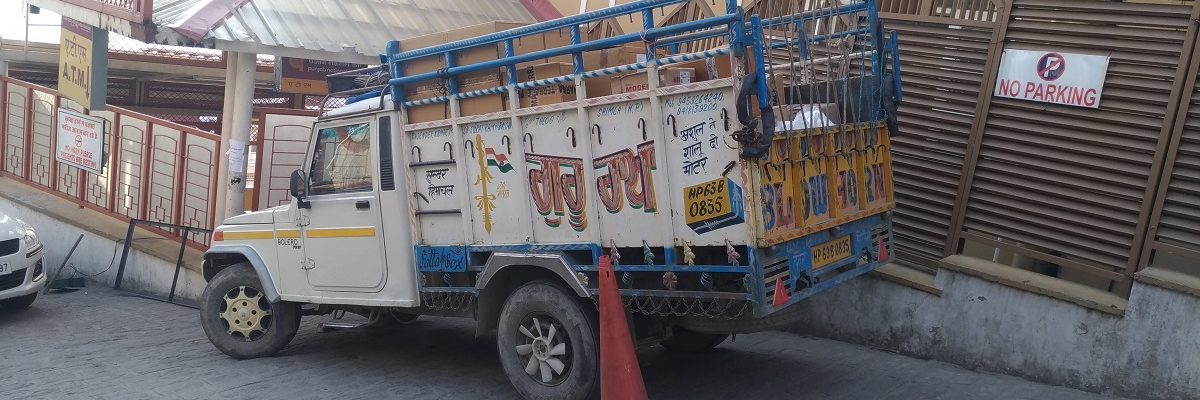Watch: EcoLogistics Project Implementation in Indian Cities

Urban freight transport is growing and adding to air pollution, congestion, and other problems in India. The EcoLogistics project looks at both simple and complex solutions that Kochi, Panaji, and Shimla can adopt for road freight management.
As Indian cities compete on various parameters such as Swacch Survekshan, Ease of Living, Municipal Performance Index, etc, they do not always consider the impact of growth on their ability to effectively move goods. More people and commercial activity increase the demand for goods and services, while at the same time increasing competition for scarce road and sidewalk space. Cities are also struggling with underinvestment and aging infrastructure. Additionally, freight transport demand is expected to triple and its associated emissions to more than double by 2050 compared to the 2015 levels, if left unchecked. WATCH VIDEO.
KOCHI
Multiple and informal private operators dominate the urban logistics sector in India, making coordinated efforts quite difficult. Kochi city has set up a working group under the EcoLogistics project to bring these stakeholders together on one platform. Similar initiatives can help other cities to bridge several gaps in freight mobility and management. WATCH VIDEO
PANAJI
The high quality of life that cities strive for is directly affected by the congestion and environmental impacts caused by freight vehicles. Panaji is planning to build a sustainable and low-carbon urban logistics system to reduce the adverse impact on the vitality of its economic and social environments. WATCH VIDEO
SHIMLA
Transporting goods in the hilly terrain of Shimla is a formidable task. Add to that the cracks in the logistics chain laid bare by the COVID-19 pandemic. The challenge for Shimla now is to ensure that the supply chain of essential goods remains resilient by adopting a more sustainable and integrated logistics planning. WATCH VIDEO
The EcoLogistics project (2017-2021) is supported by the German Federal Ministry for the Environment, Nature Conservation and Nuclear Safety (BMU) through the International Climate Initiative (IKI), involving 9 cities in Argentina, Colombia, and India.